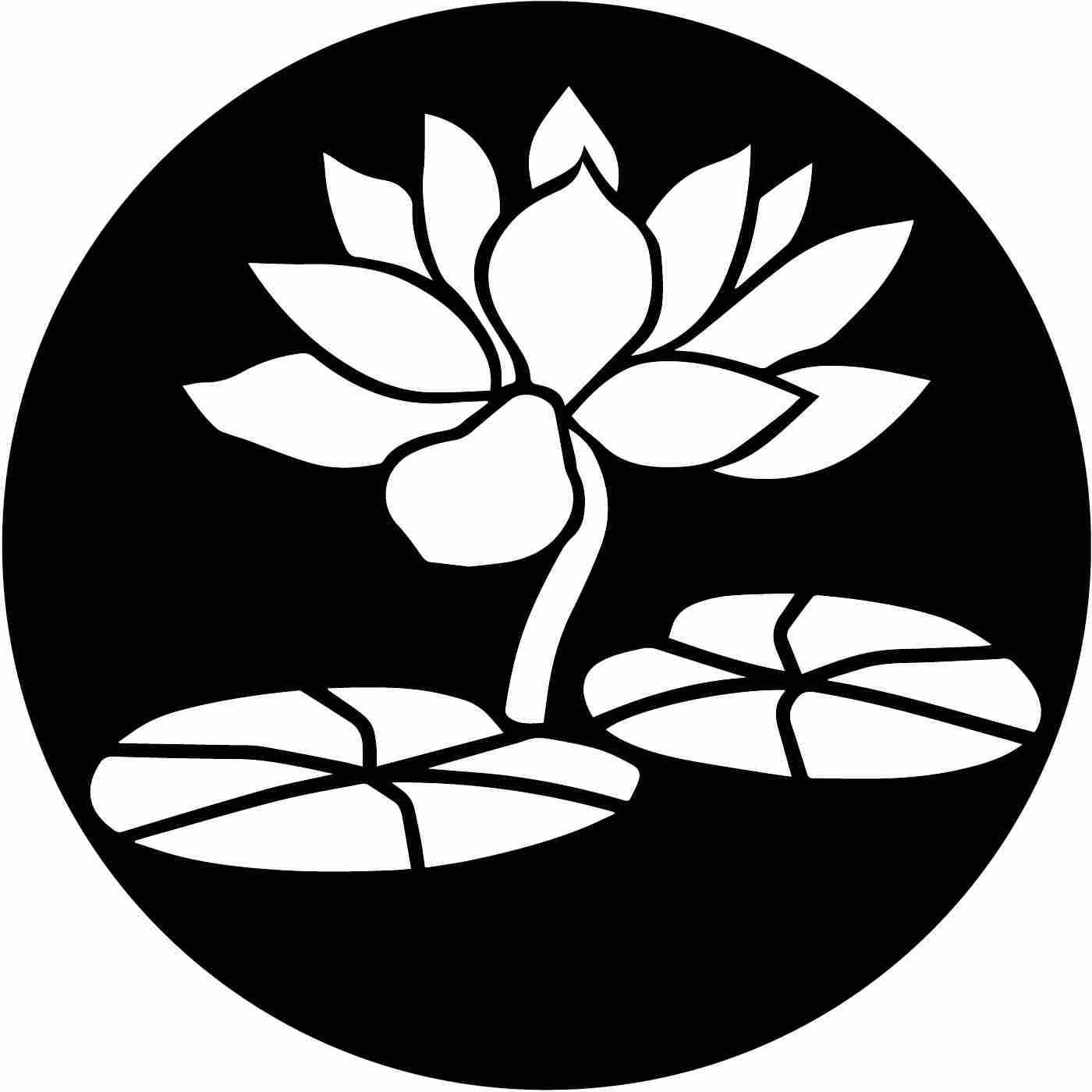The Beautiful Arrives in Its Own Time

Days. Weeks. Years. Minutes. My backside tingling from sitting on the hard earth. I slow my breath and separate myself from the pain. What my grandfather would say at times like these: do not hasten toward doing what is beautiful; the beautiful arrives in its own time. I can hear the prayer flags woven among the ovoo snapping in the wind. The earth at its most elemental. Wind. Pain. Time. More pain. Then wisdom.
Each morning at Yatuu Gol I wake to practice bodhicitta, the wish to attain enlightenment for the benefit of all sentient creatures. I practice bodhicitta in a setting of like-minded beings, our brotherhood protected from the hungers of the everyday. Now there is no brotherhood to keep me centered, no smell of camphor, no call of the conch to help me focus. Instead, all morning Uncle and I sit among the landscape, our bodies like rocks. Overhead the sun moves through the sky like a hand making a sweeping gesture.
As a child, I learn about Buddhism from my grandfather. Where he learns it, he never says. When Mun and I are born, the only monastery in the country is Gandan Tegchenling in Ulaanbaatar, a place where even in the darkest of times the communist government allows a handful of monks to maintain some of the traditions. Unlike my twin, I naturally take to Övöö’s lessons on emptiness and enlightenment. I enjoy pressing my body into the earth, prostrating myself in the name of compassion. It is with my grandfather that I first learn to consider a corpse, to stare long and hard at the desiccated body of a sheep or horse, to take comfort in the fact that my own body is made of the same materials, and that one day in the future my body also enters this state. It is my grandfather who tells me that to become a Buddhist, one need only say the Triple Gem three times. I take refuge in the Buddha, I take refuge in the Dharma, I take refuge in the sangha. Even now I still say it to myself several times a day.
But now the quest for this reincarnation unleashes an uncertainty in me. I am like one who walks on shifting earth. Unbidden, my mind fills with such thoughts as are we destined to find the child, and, more important, is it the right child? This feeling of unease coupled with my own doubts regarding my upcoming ordination, and I find myself marveling at my brother’s freedom. Though I do not approve of the way he sails through the floating world, a part of me wonders what it would be like to be my own master, to think of no one but myself. The longer Uncle and I sit without moving, the more I begin to feel my doubts infect me. In the coming days, should I finish penning the letter tucked in my robe? Am I to follow in my twin’s footsteps and return to Yatuu Gol, renounce my vows? What would it mean to disrobe? And if I do, who am I then?
At the top of the butte there is no wind. A stone tumbles off an ovoo. Slowly I feel the action of time at work. The earth’s plates coming together and moving apart. The seas rising and receding. Either my destiny is to pledge myself to the Dharma forever or I won’t. Either I achieve some small measure of the diamond mind or I stay lost.